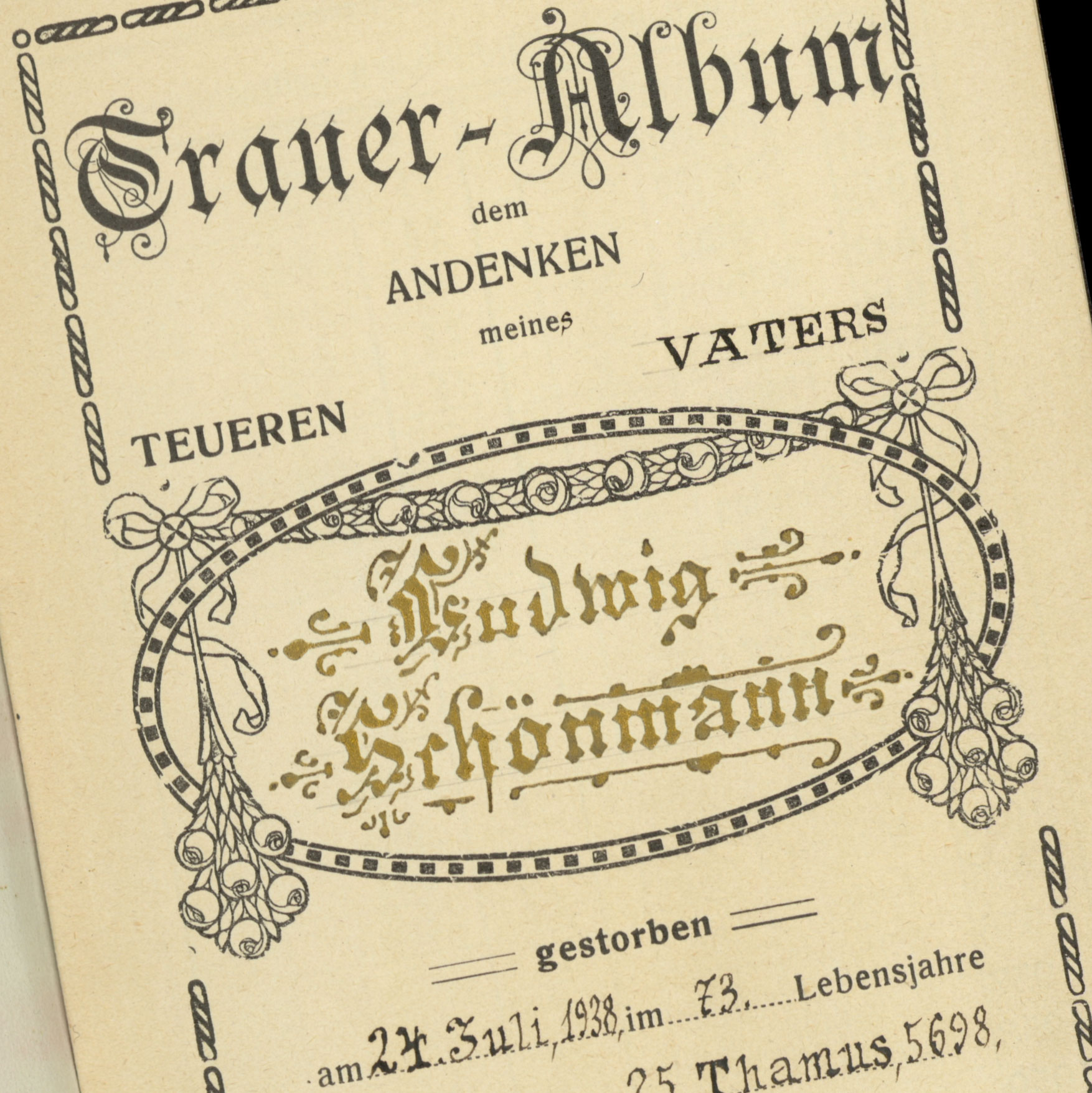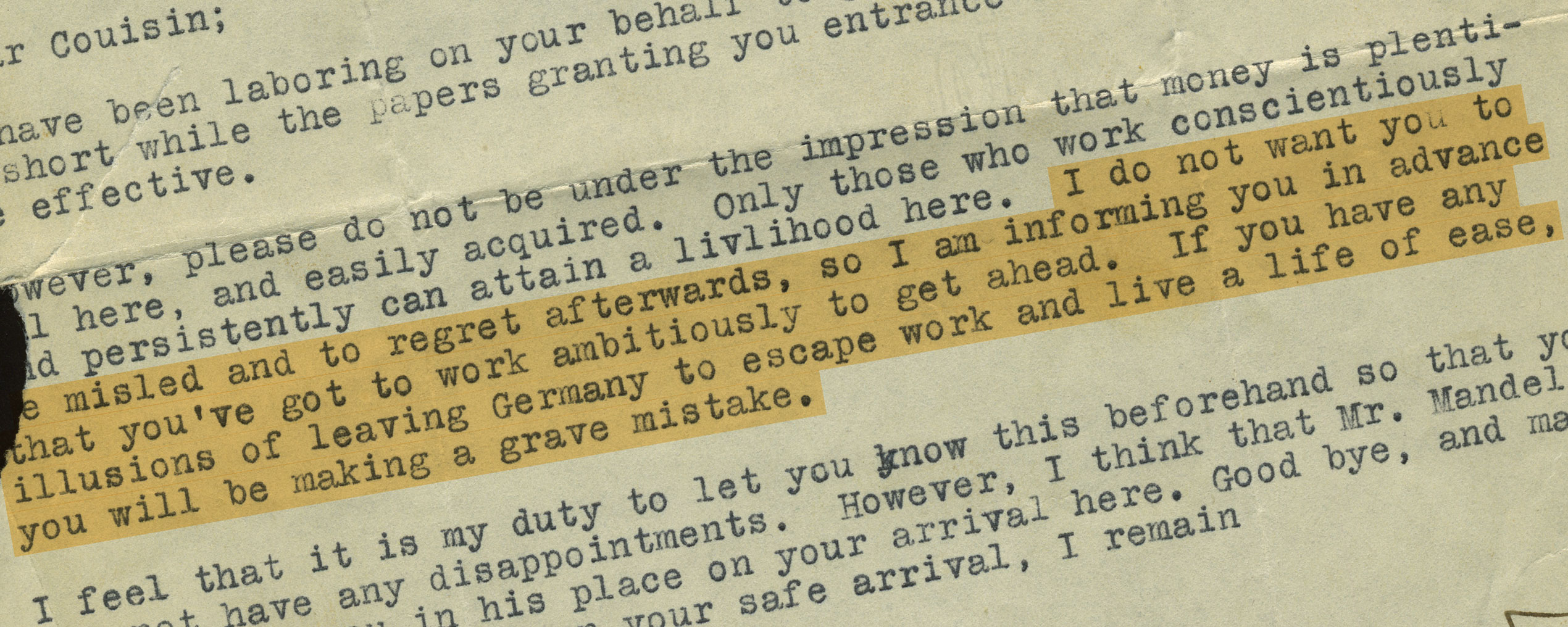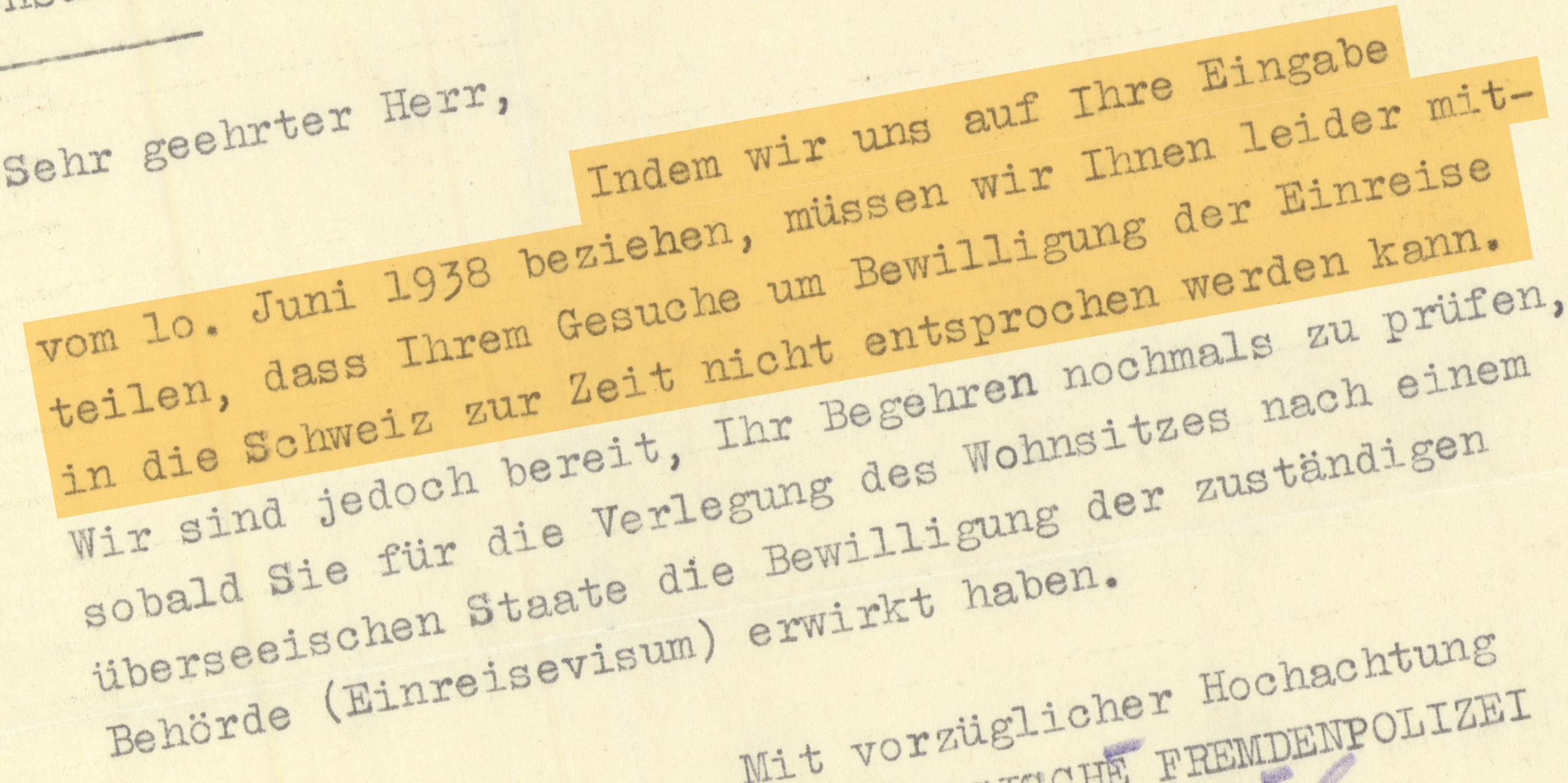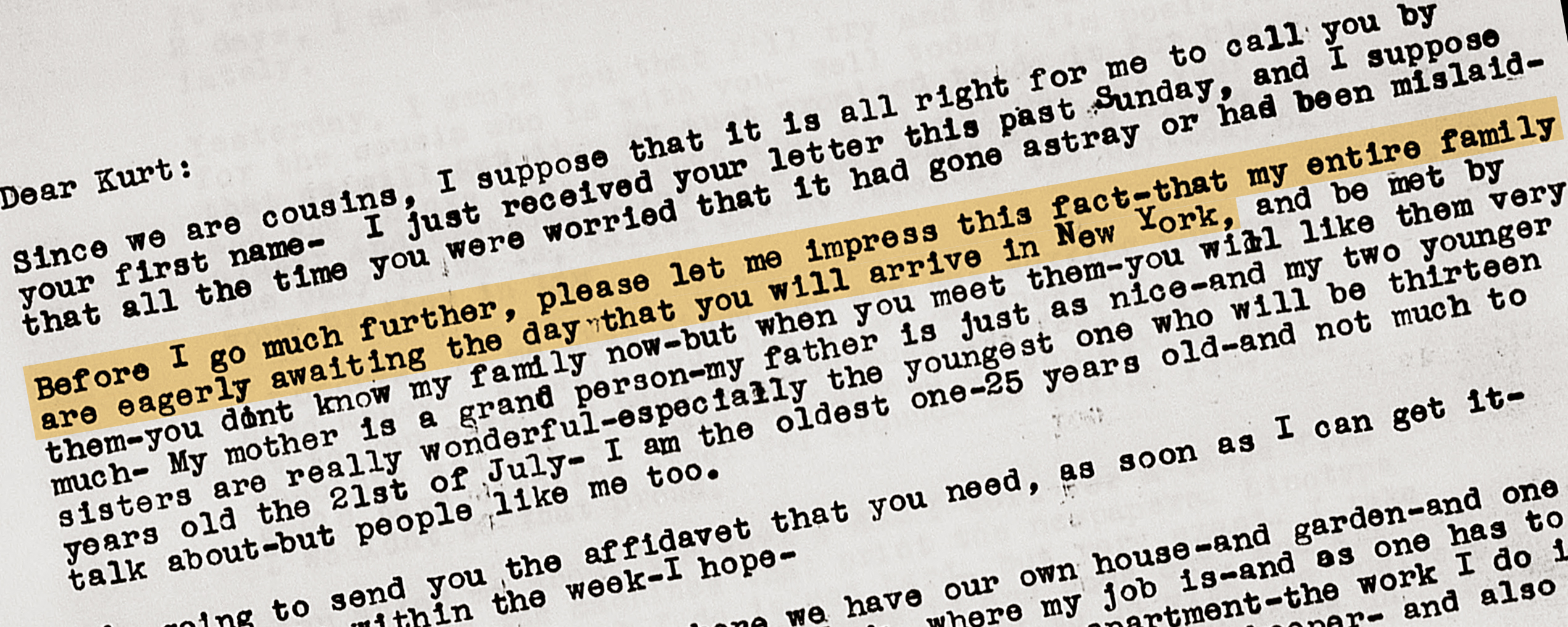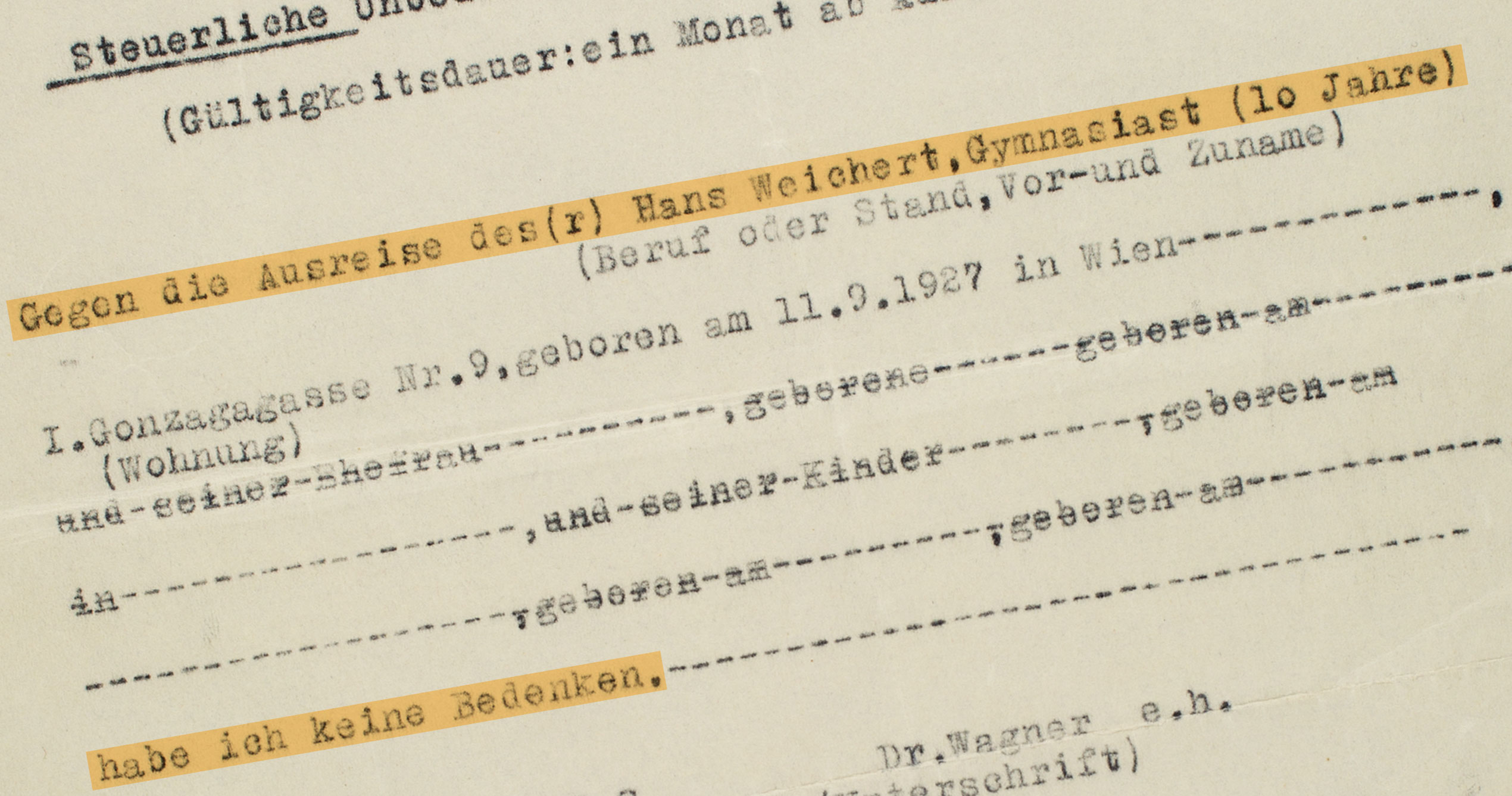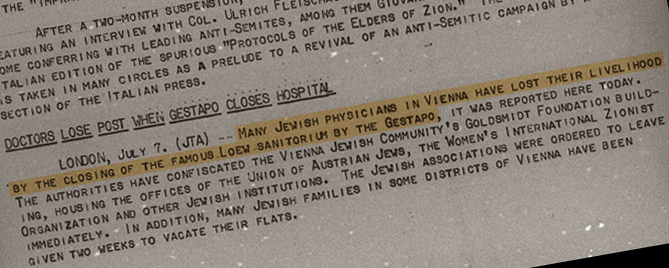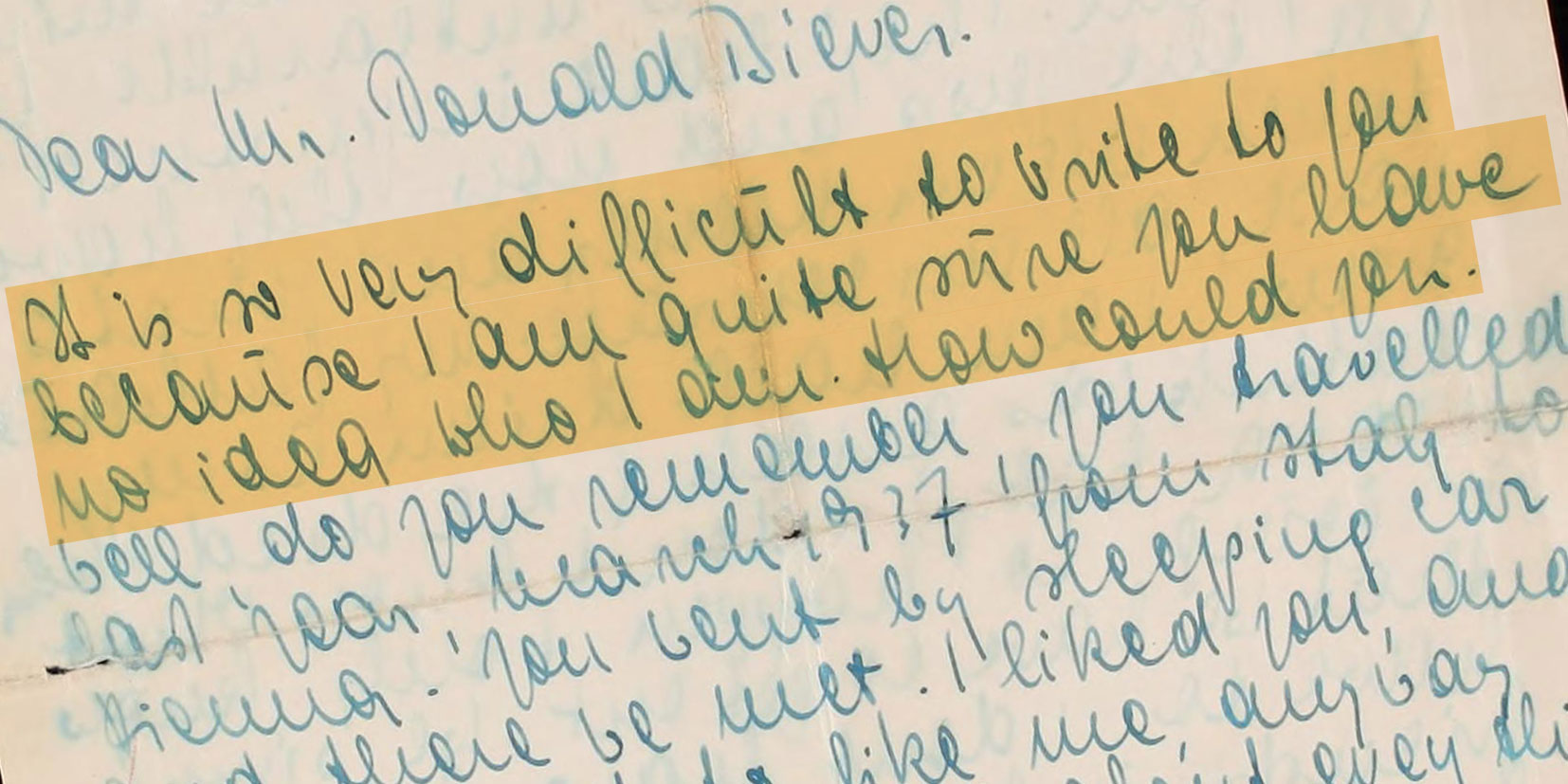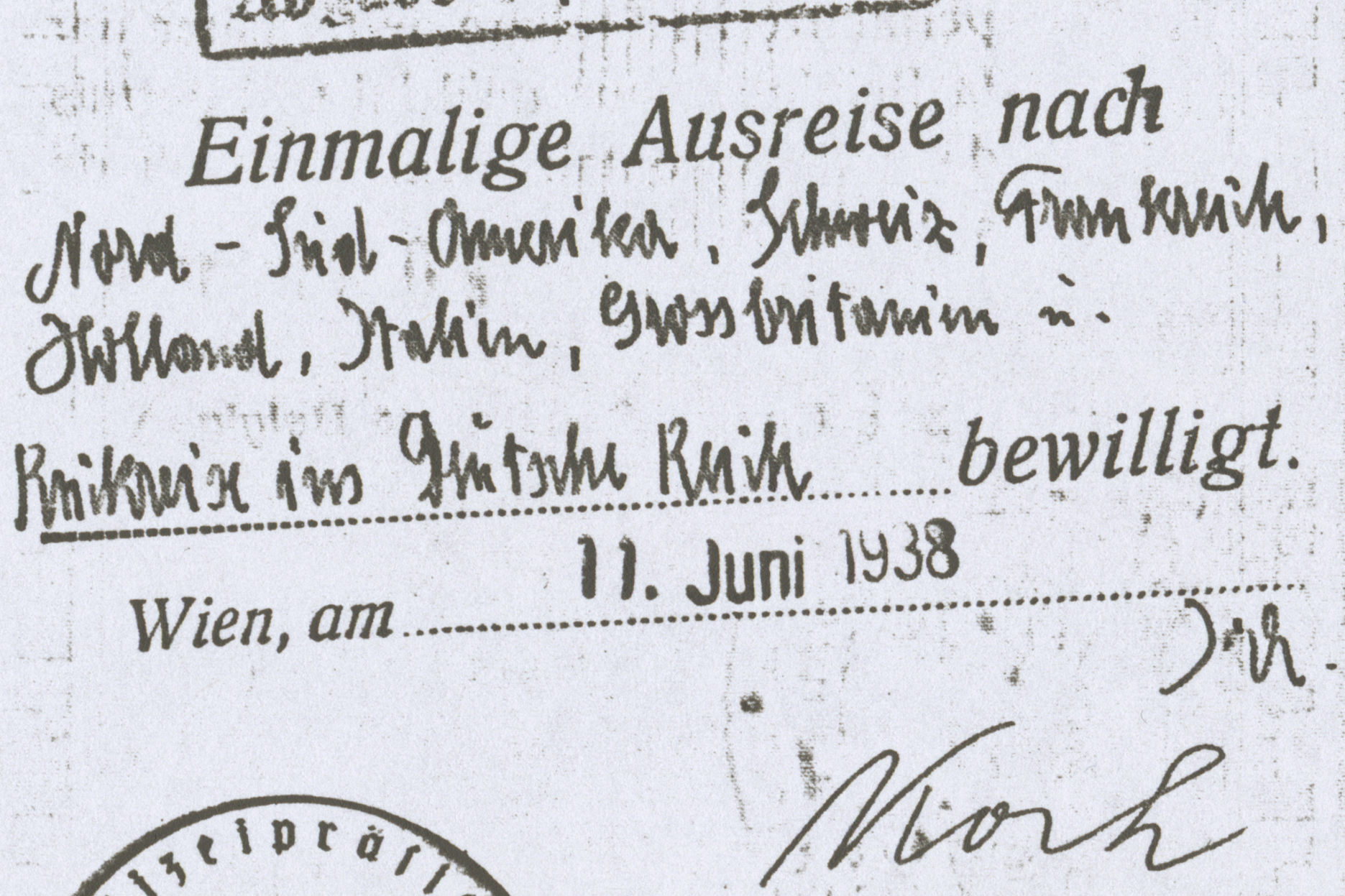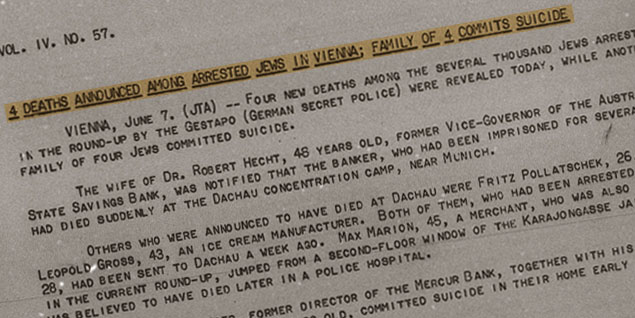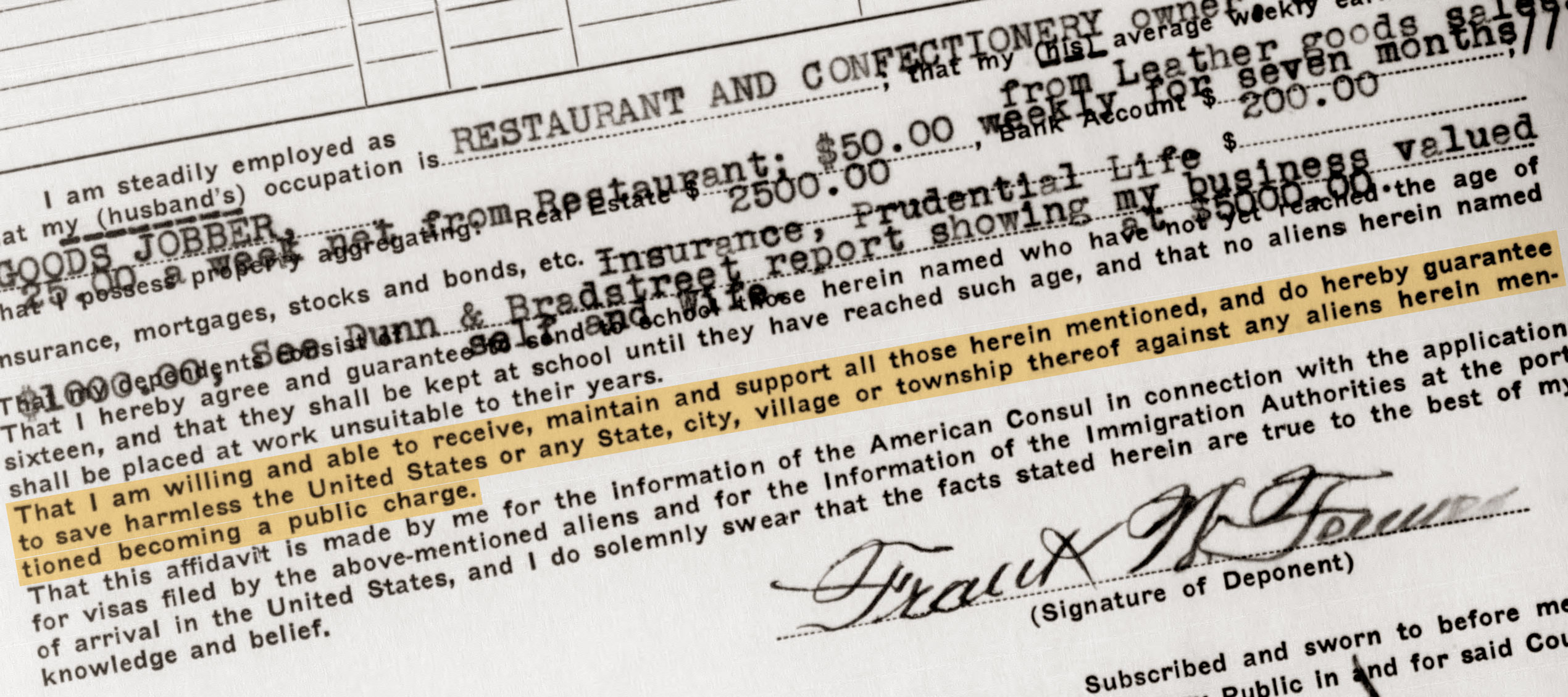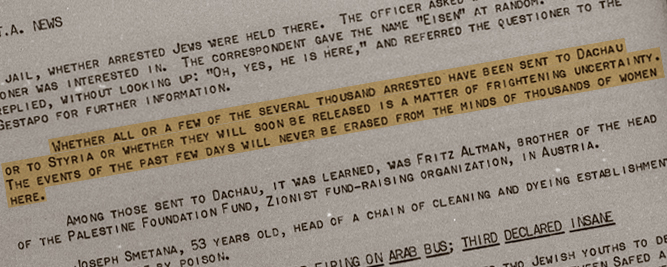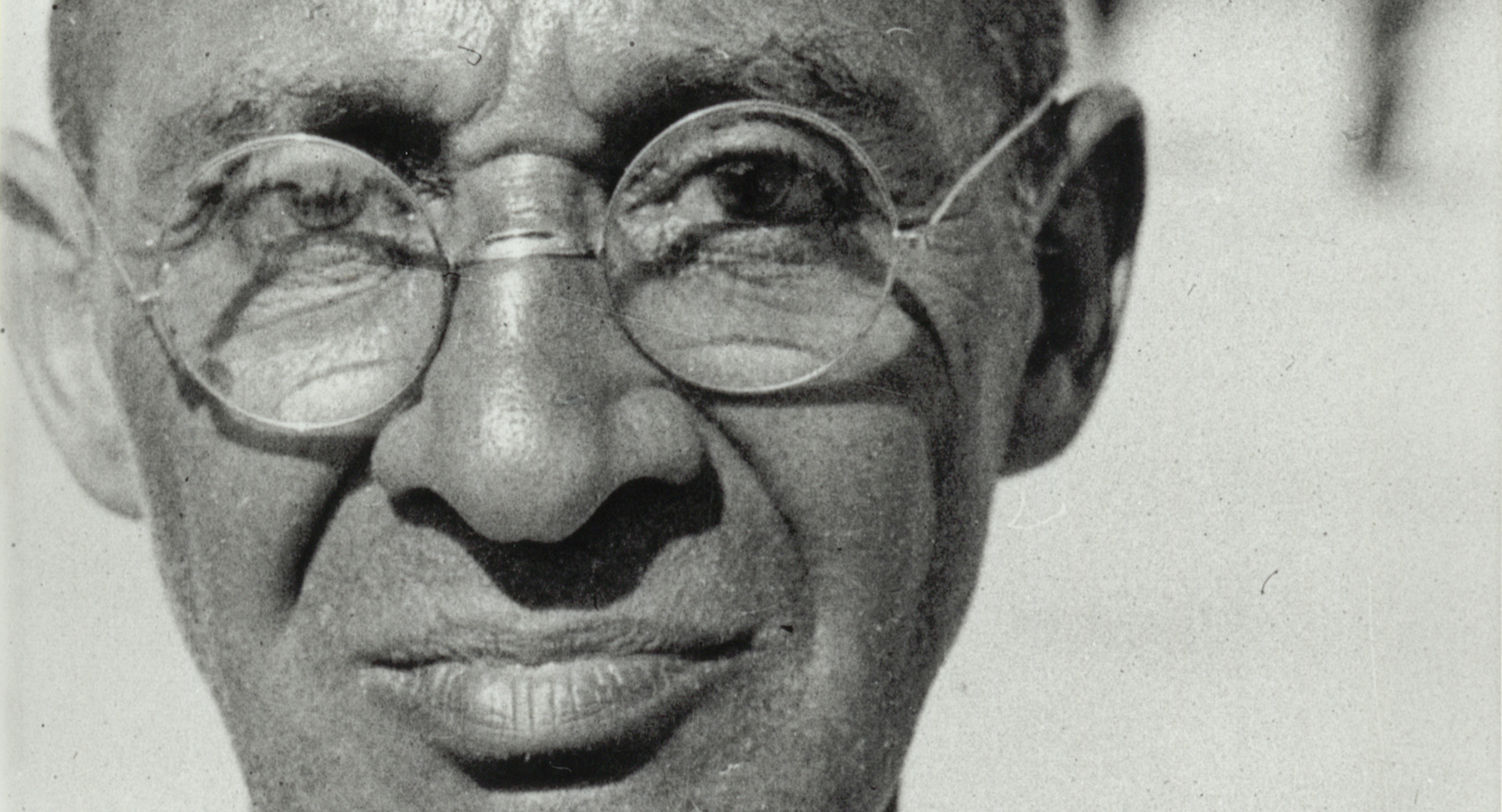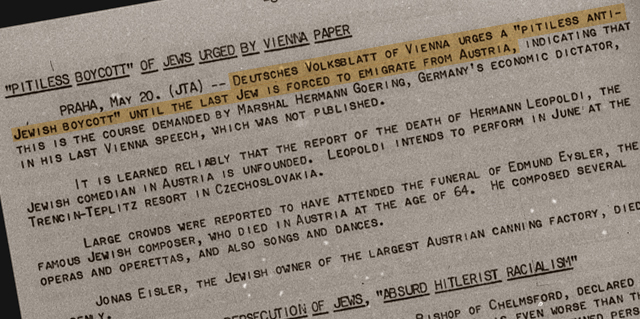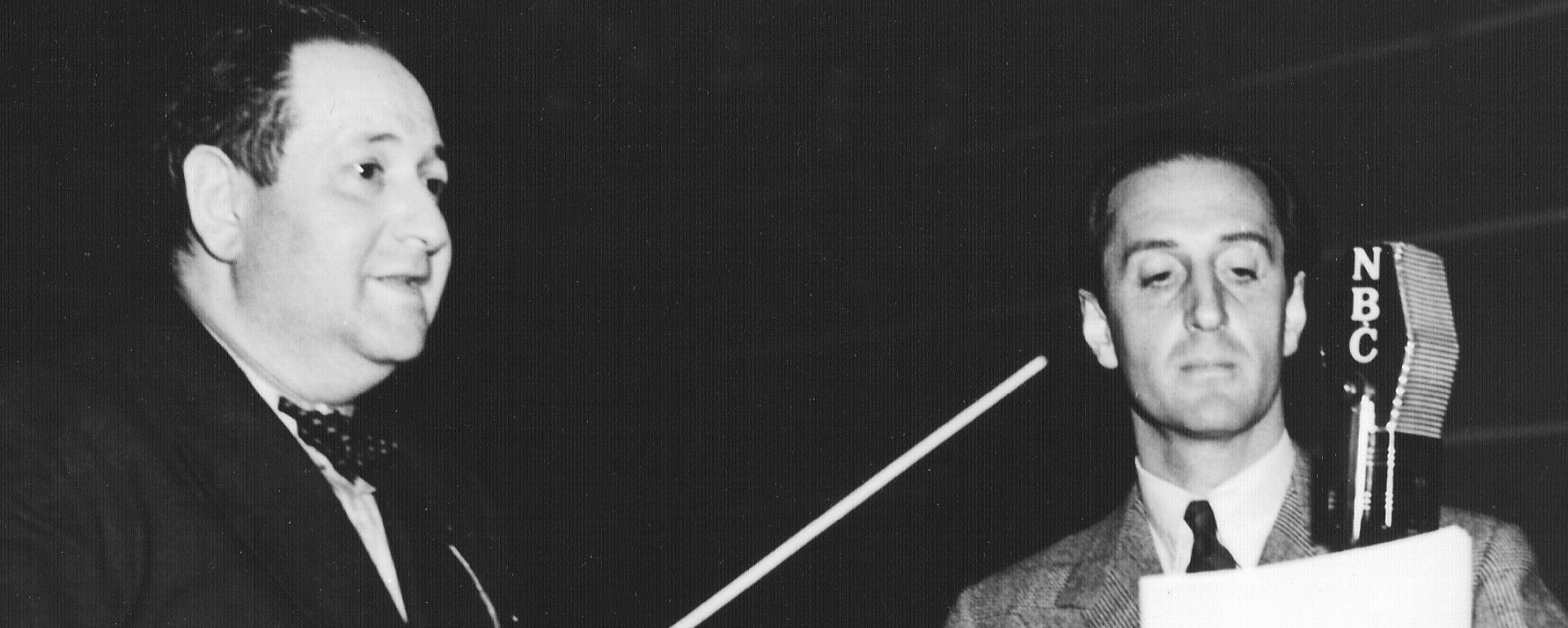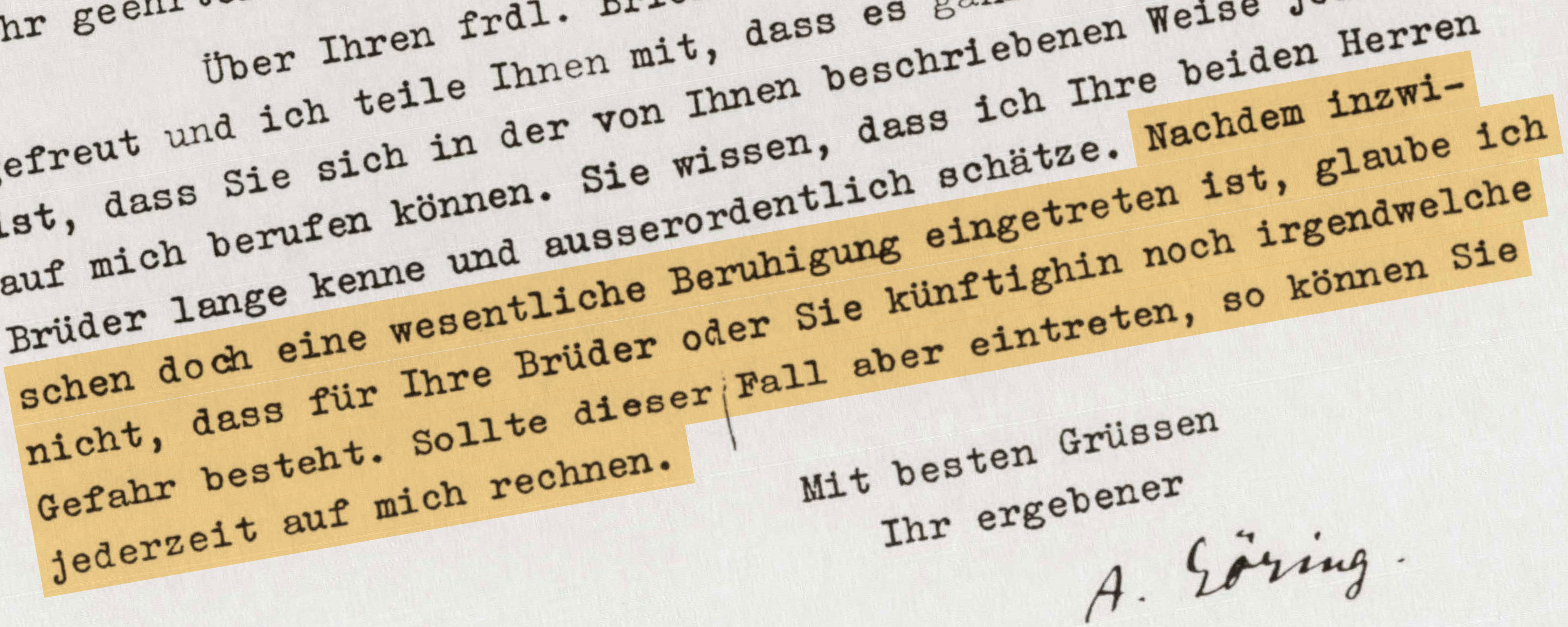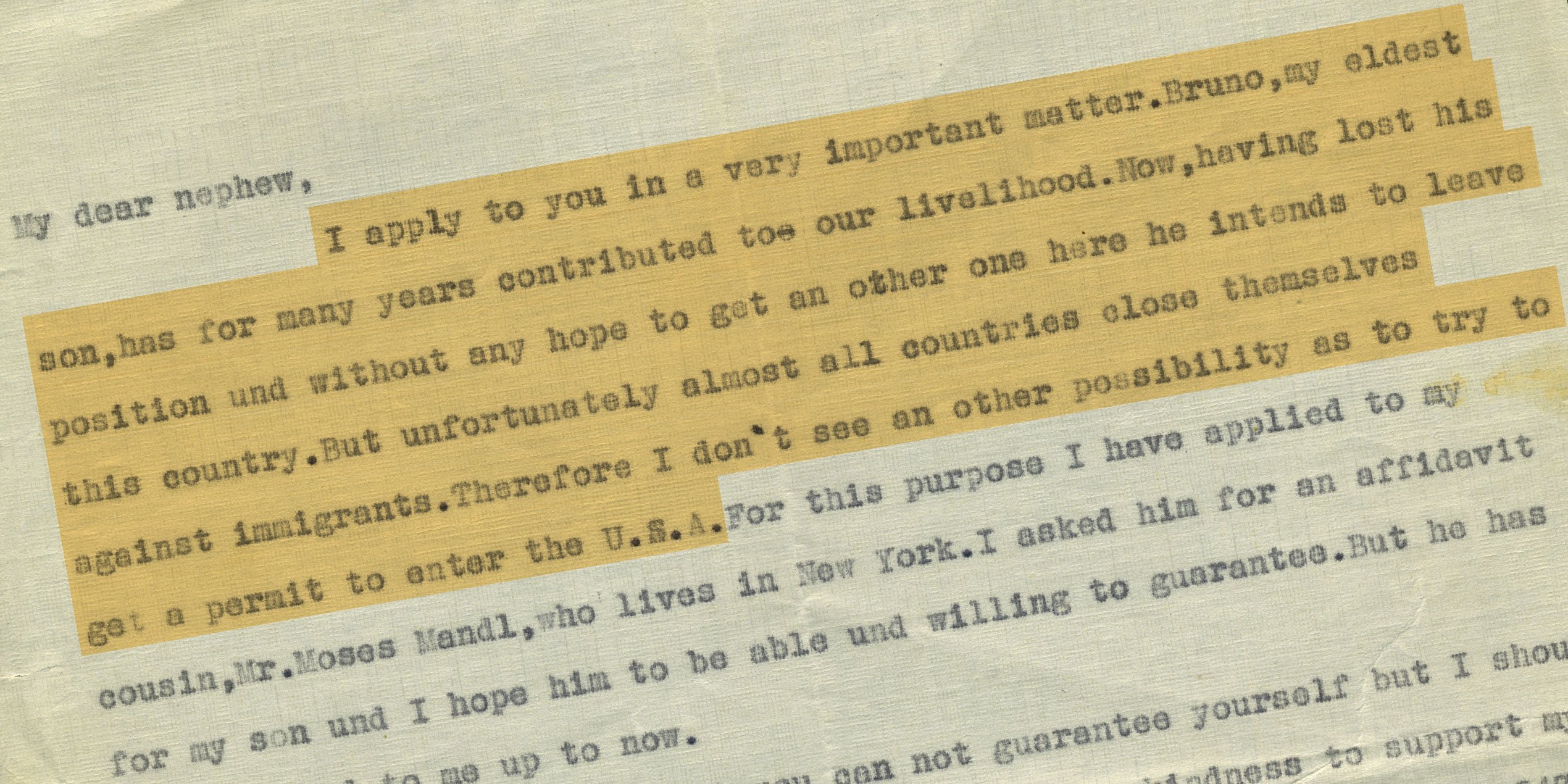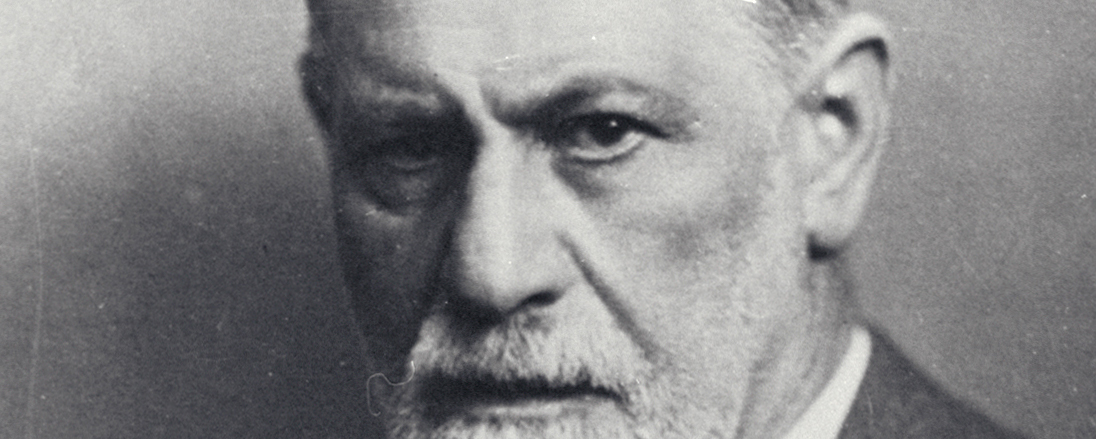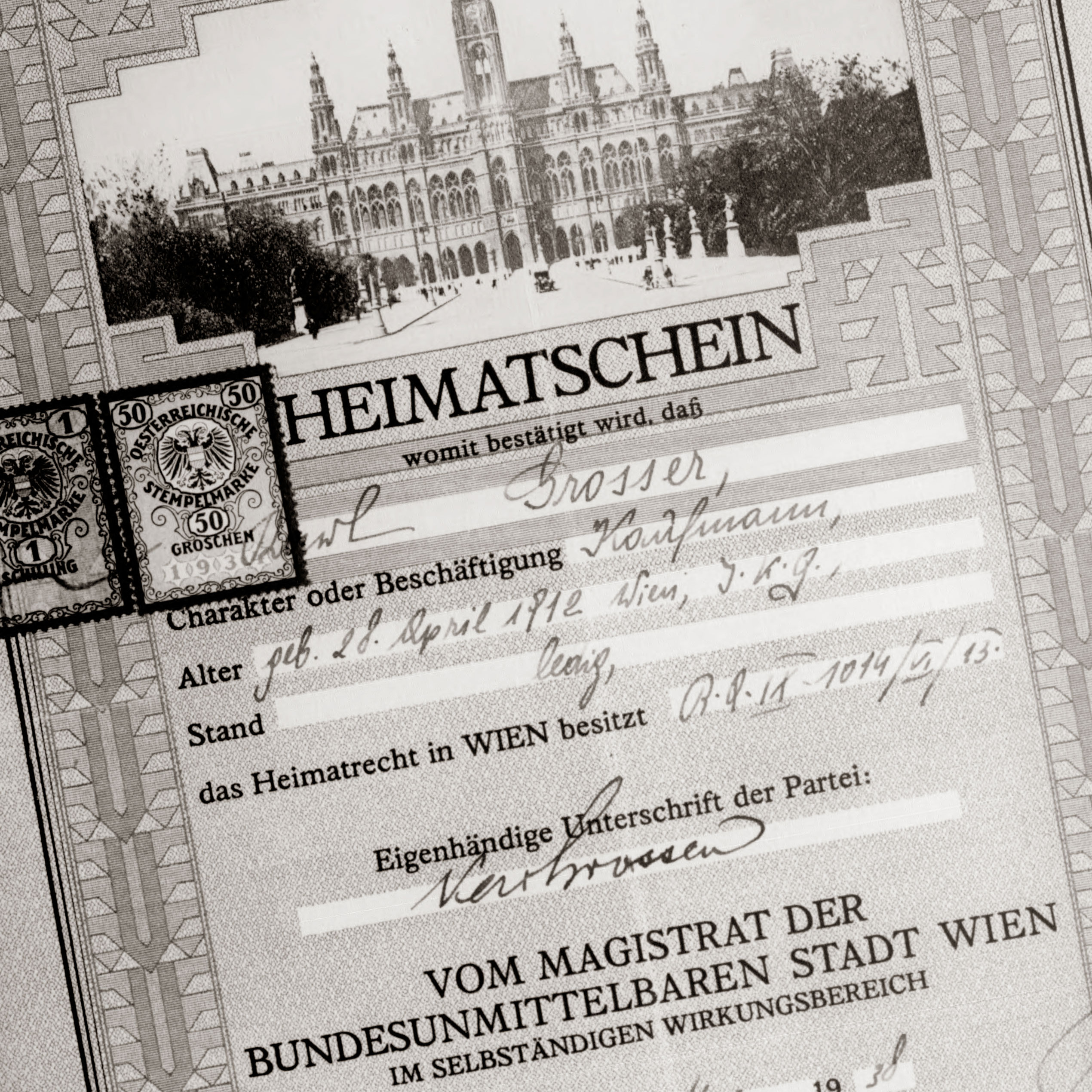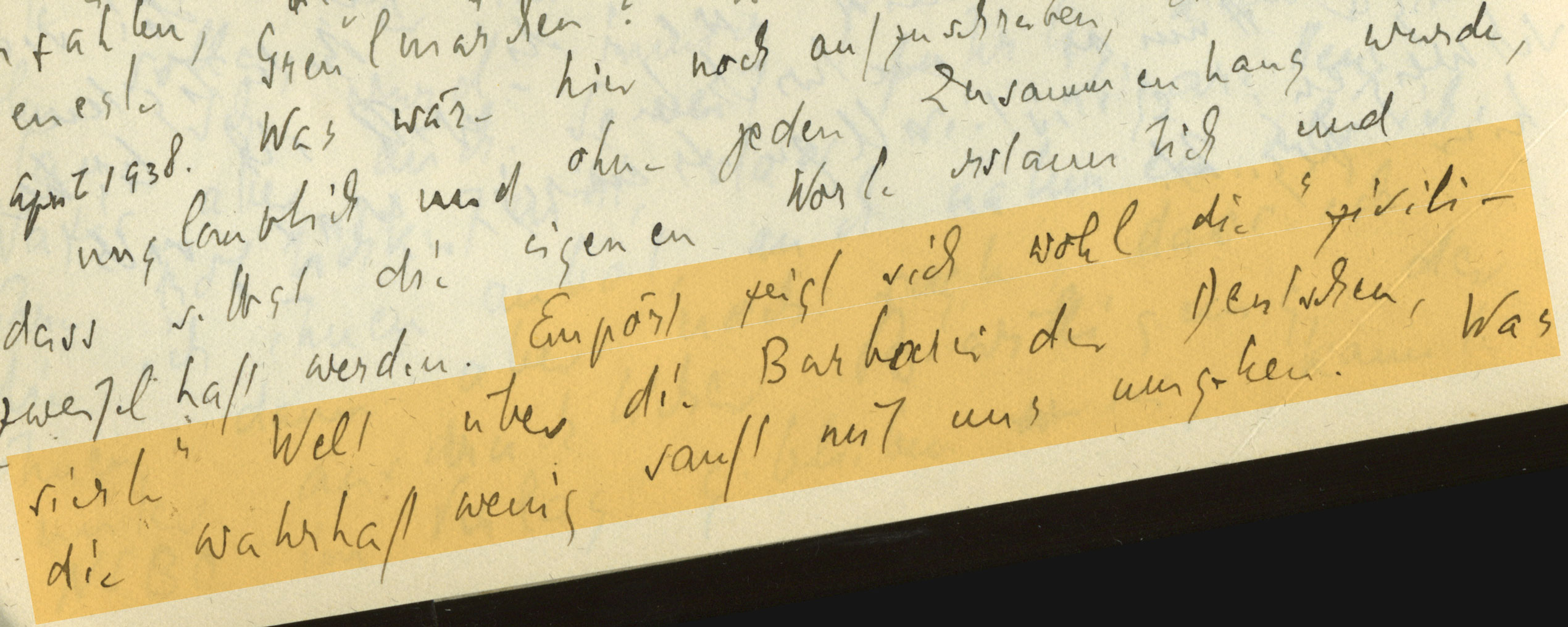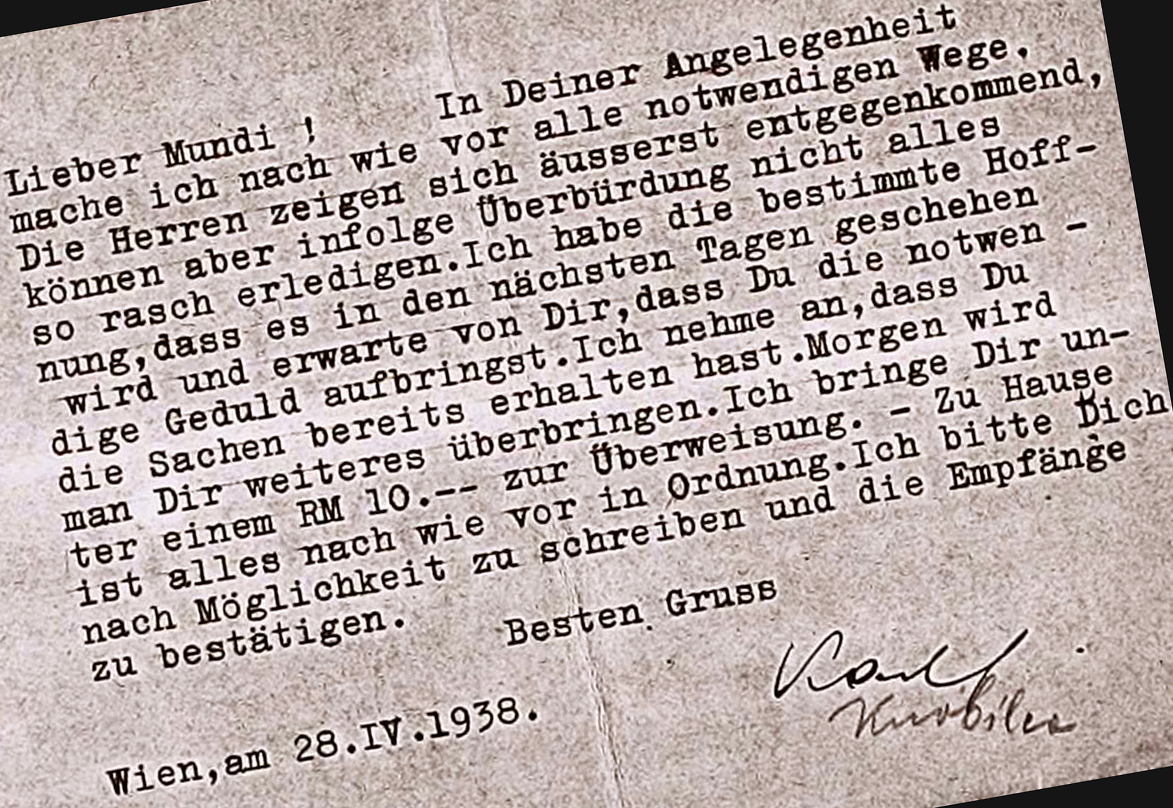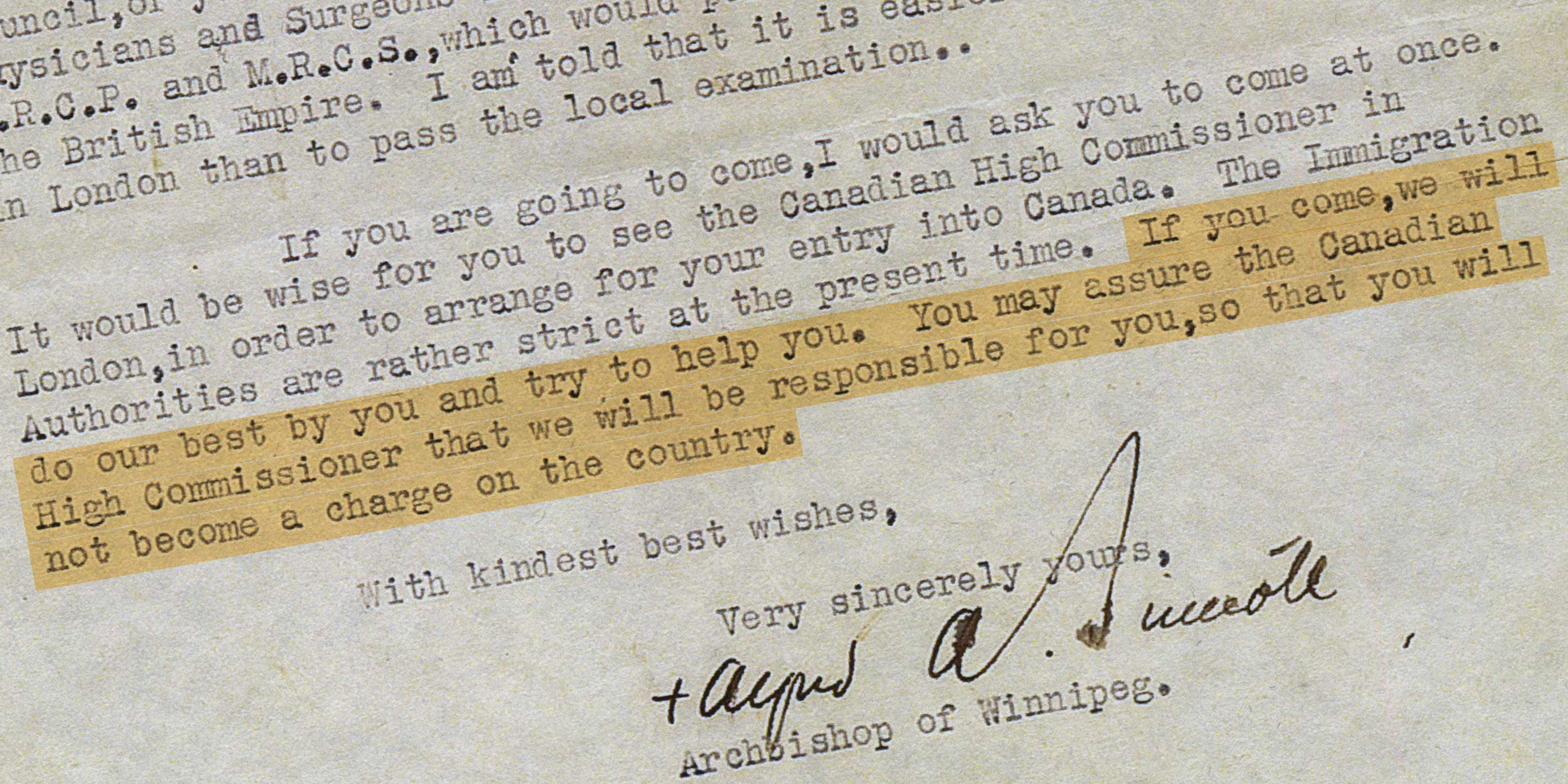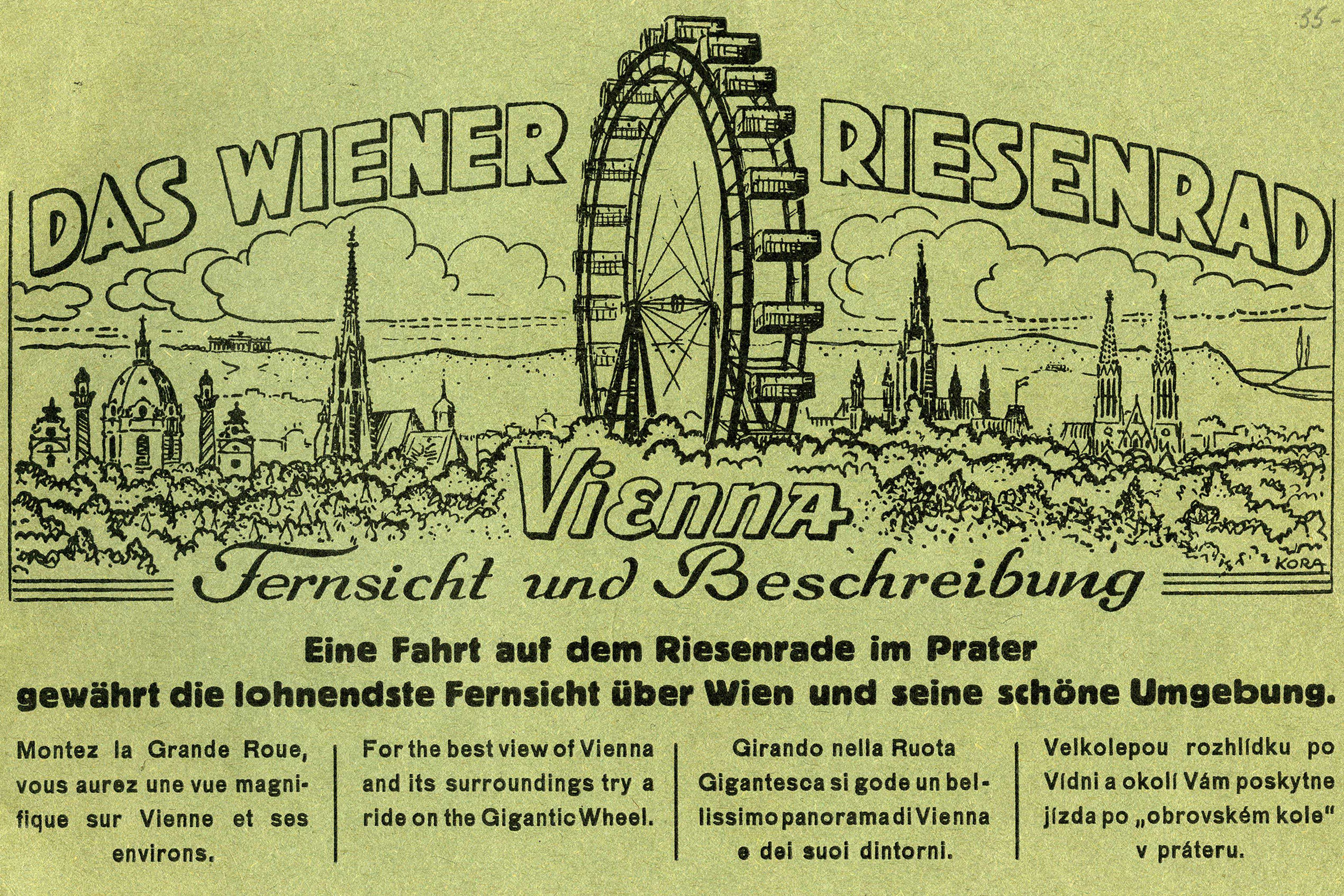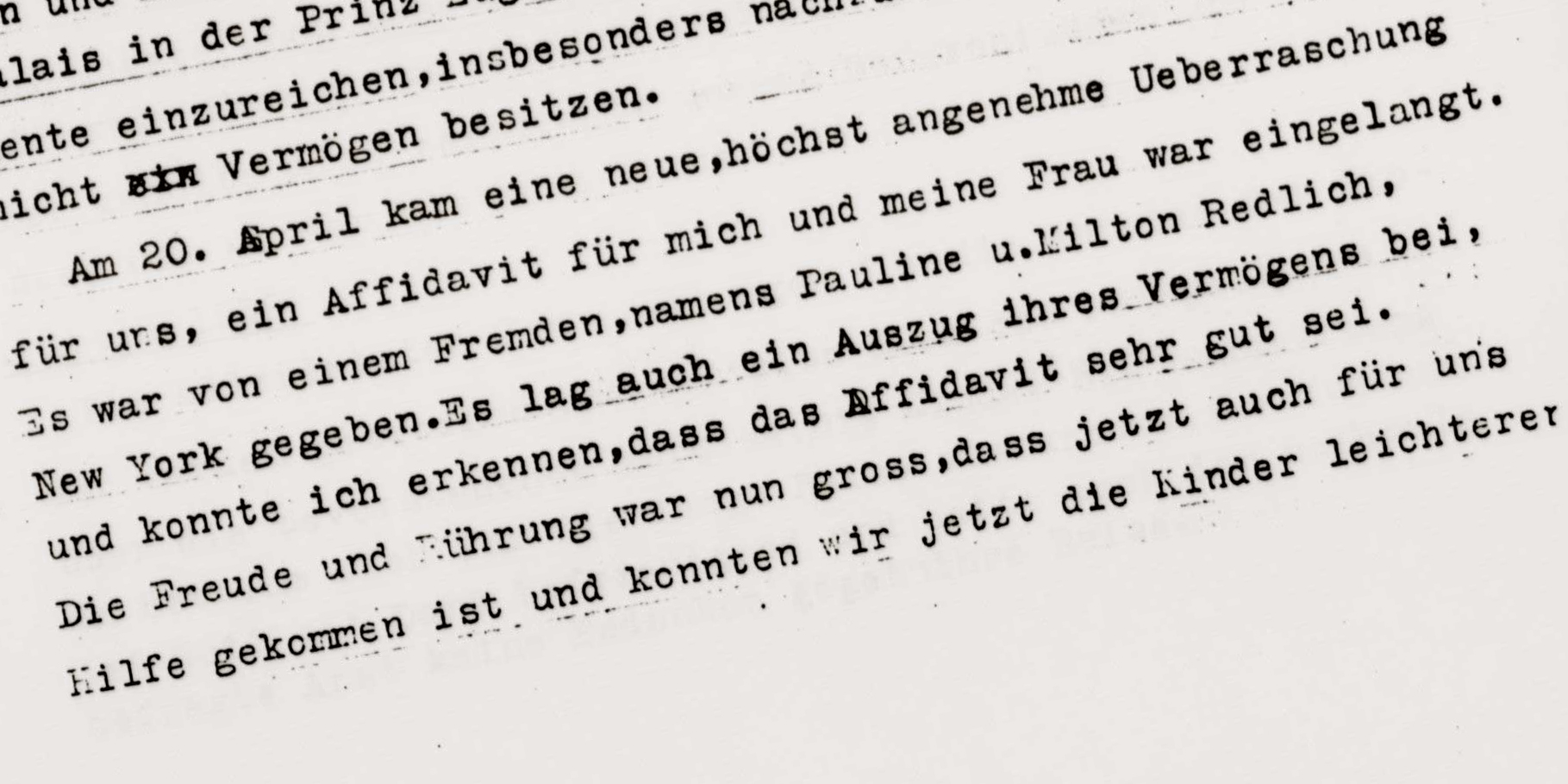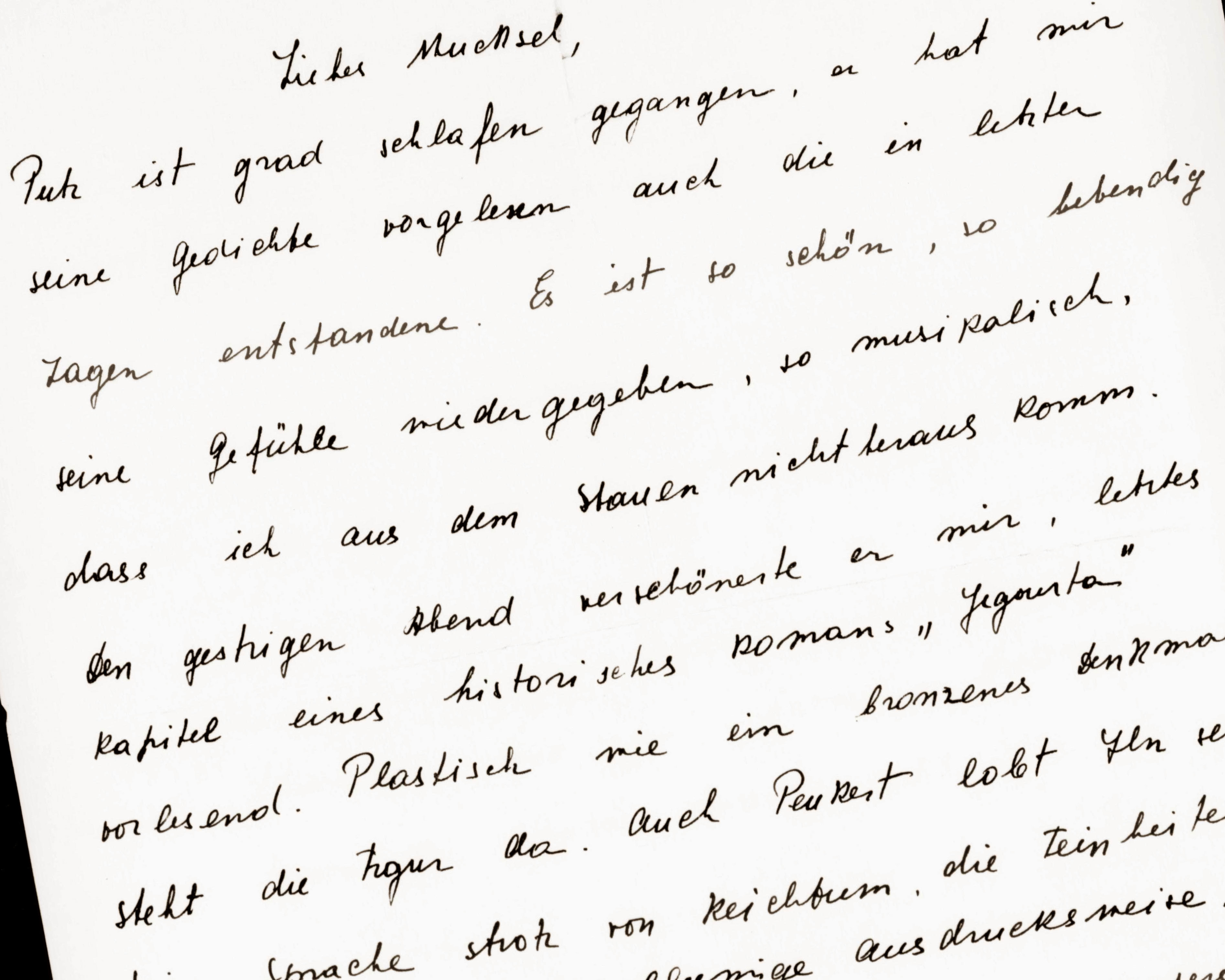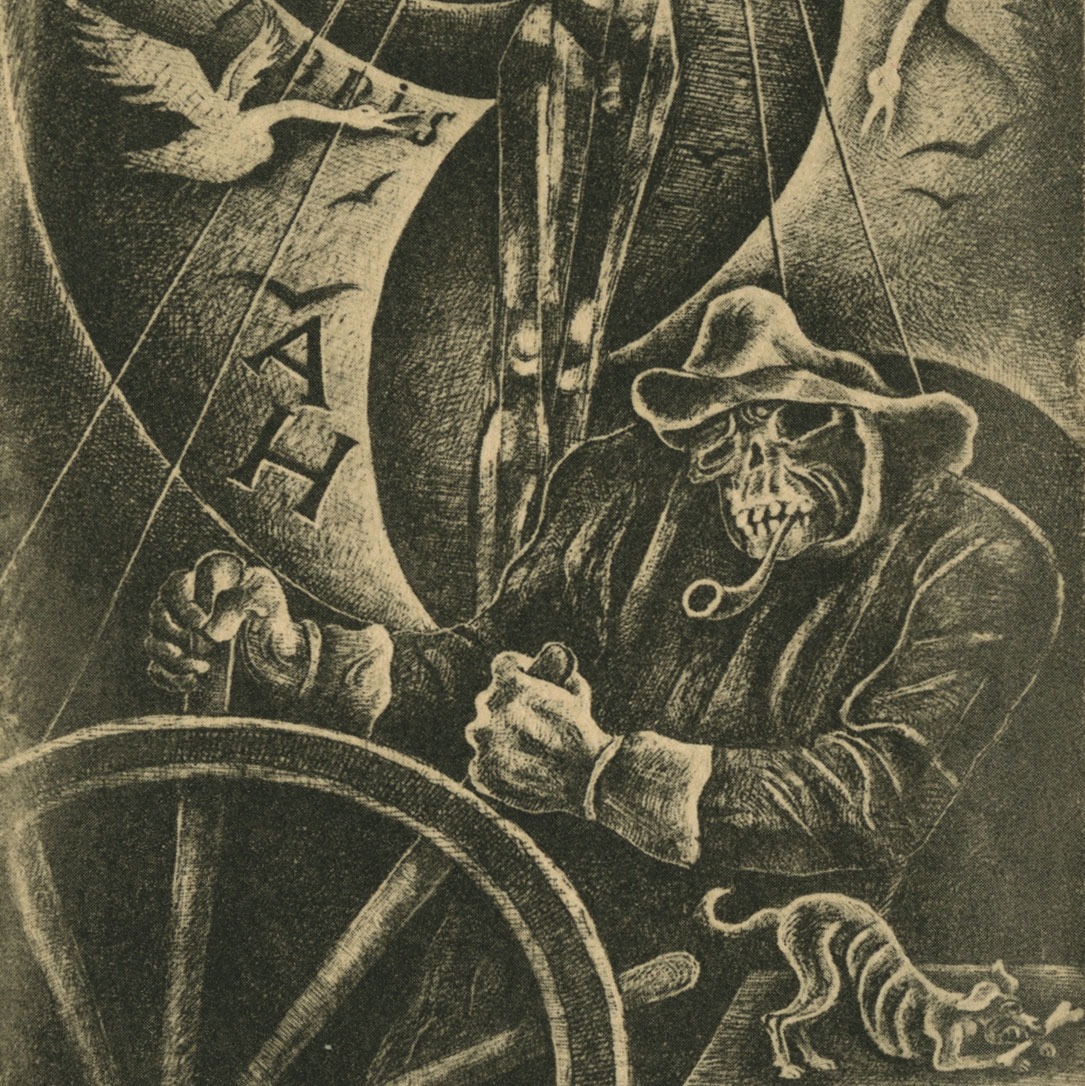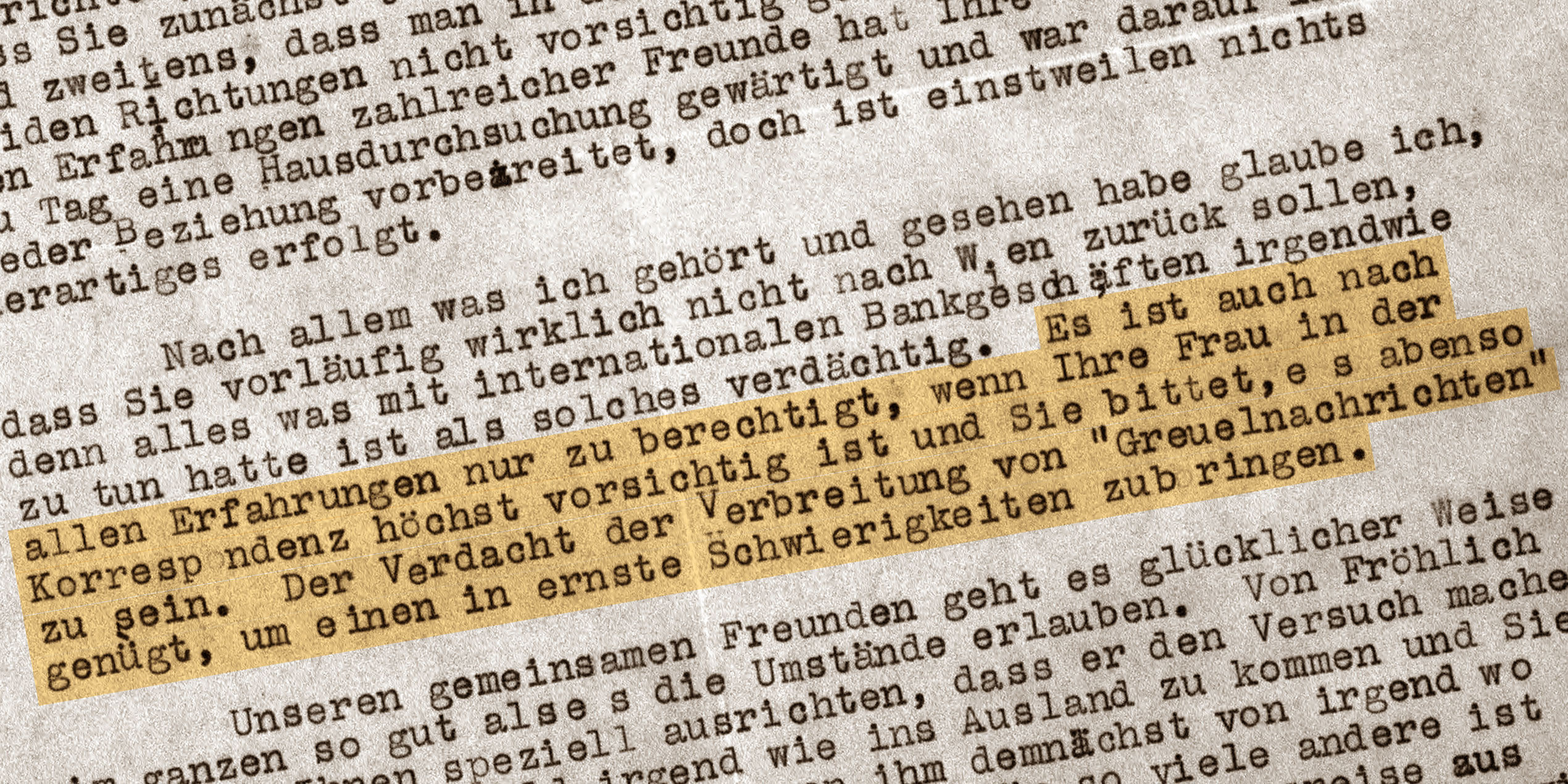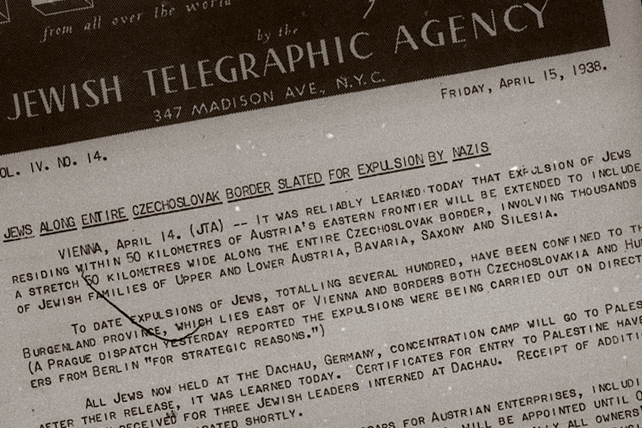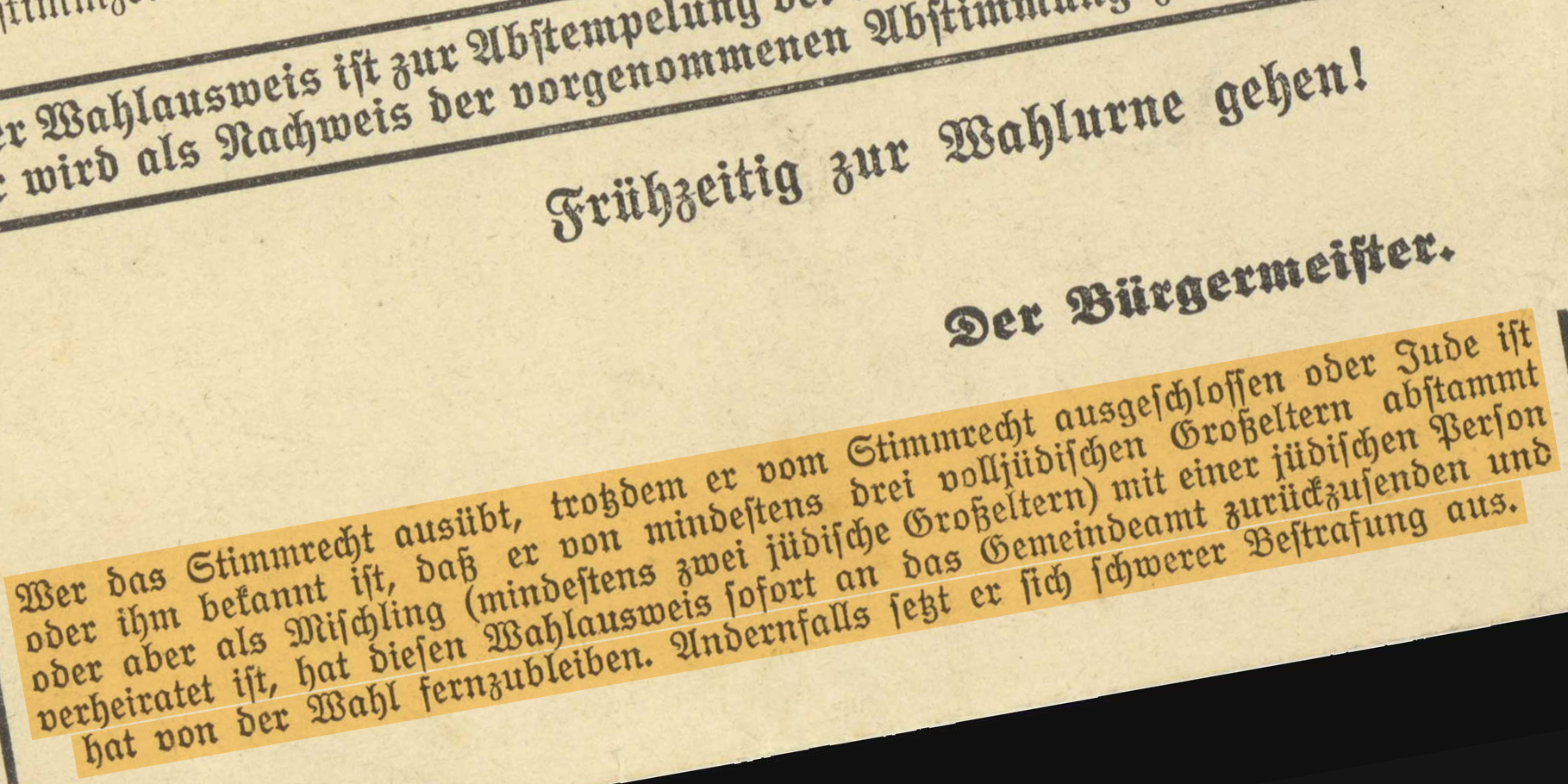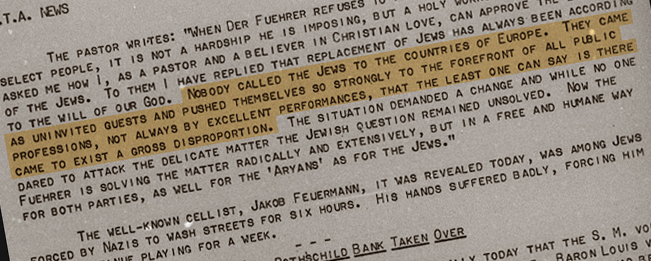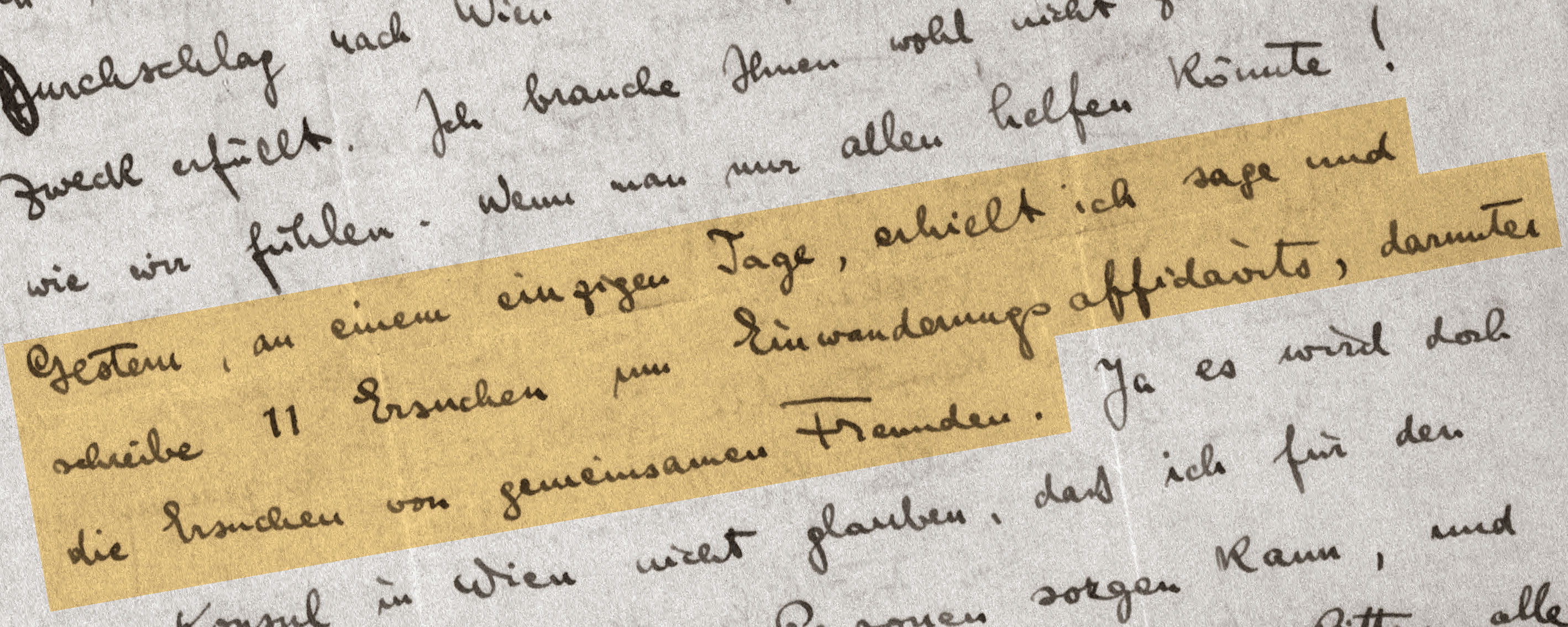Homeland
Paul Galfi's “Heimatschein”
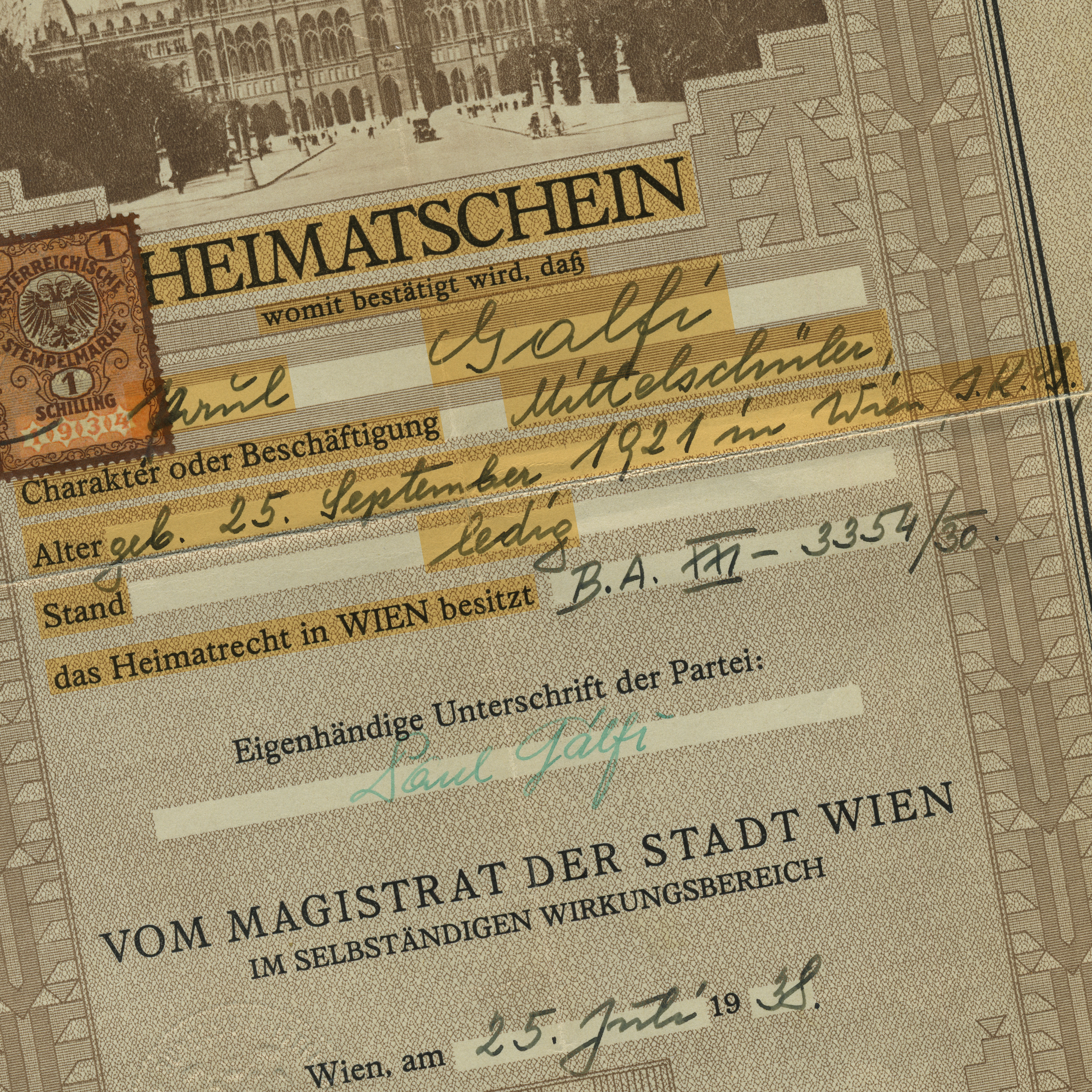
“CERTIFICATE OF LOCAL CITIZENSHIP whereby it is confirmed that Paul Galfi Character or Occupation Middle School Student Age b. Sept. 25, 1921 in Vienna. Jewish Religious Community Family Status single possesses local citizenship in Vienna.”
VIENNA
Since the middle of the nineteenth century, Austrian citizens, regardless of ethnicity or religion, were required to keep a Heimatschein, a document testifying to their belonging to a certain locality. In practice, this was of relevance mainly if the holder fell upon hard times: according to the law, it was the home community listed in the Heimatschein that had to support the person in case of poverty or joblessness. The document shown here was issued on July 25, 1938, well over four months since the Nazi takeover, showing that for the time being, at least in this context, the policy had not changed vis-à-vis the country’s Jews.
SOURCE
Institution:
Leo Baeck Institute – New York | Berlin 
Collection:
Trude Galfy Family Collection, AR 11664 
Original:
Box 1, folder 1
Chronology of major events in 1938
Jewish physicians barred from practicing medicine
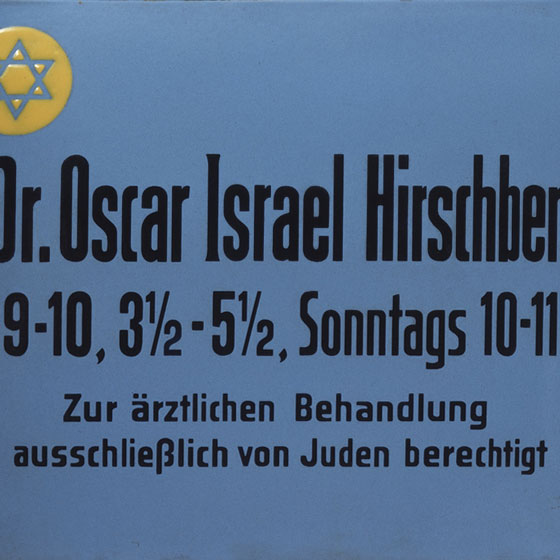
The later law of September 30th, 1938, was to order all Jewish doctors to display on their office signs a yellow star-of-david with a blue background. They could now only treat Jewish patients. Jewish Museum Berlin.
The fourth executive order issued under the Law on Reich Citizenship (part of the Nuremburg laws of 1935) severely curtails the ability of Jewish physicians to provide care. The new order states that, beginning September 30, 1938, Jewish doctors may only provide care for Jewish patients, and only in the role of nurse. As a result, 3000 physicians lose the right to practice medicine.
View chronology of major events in 1938








































